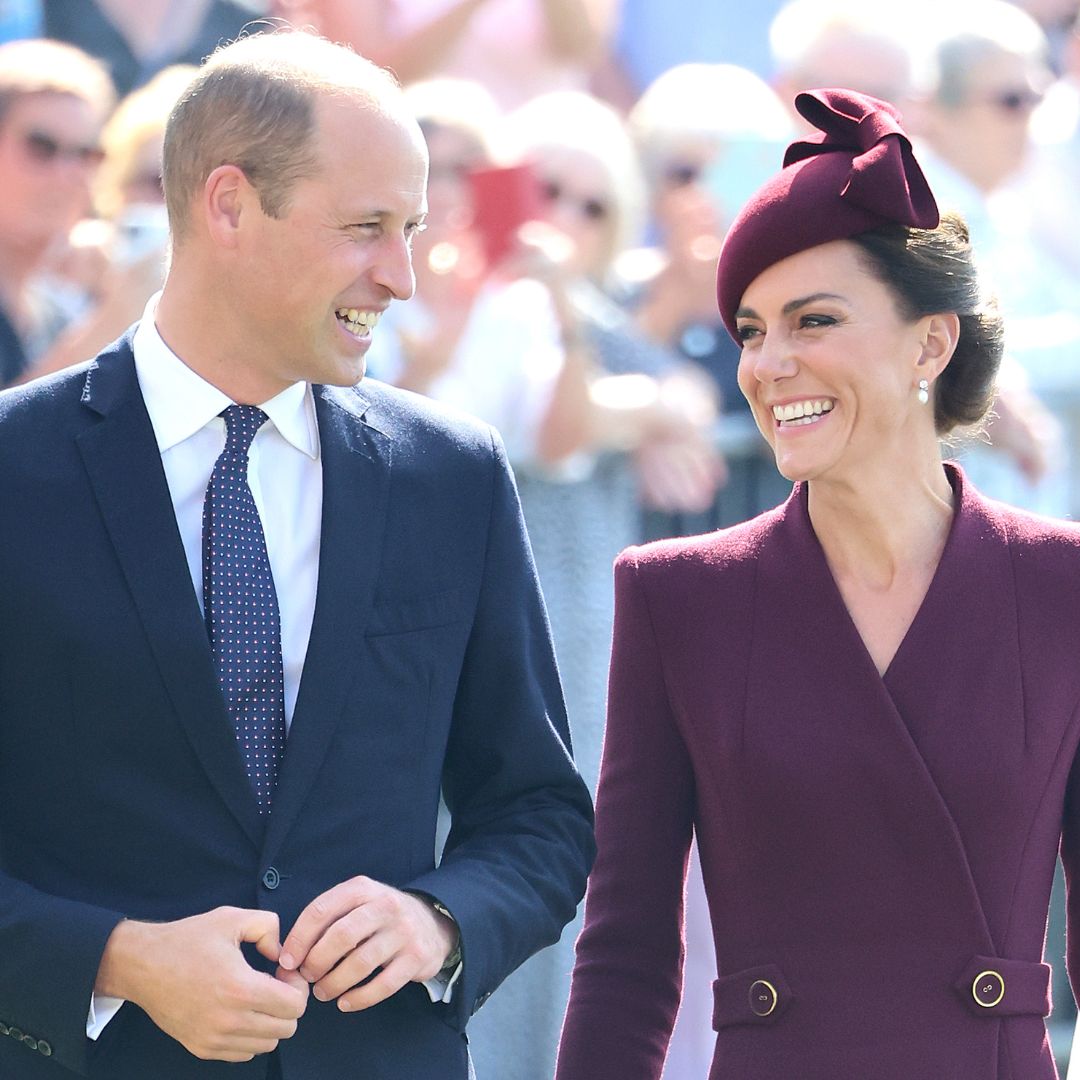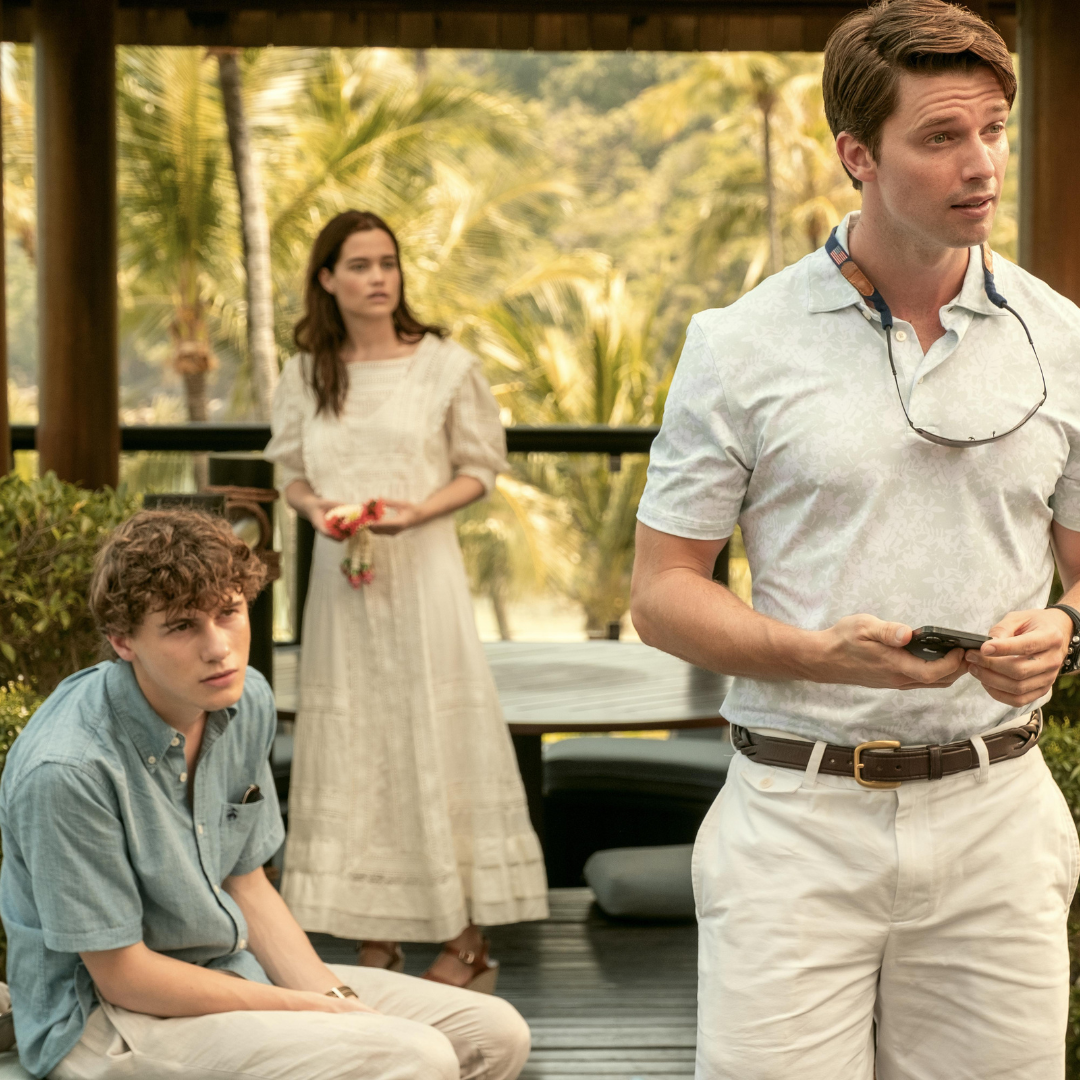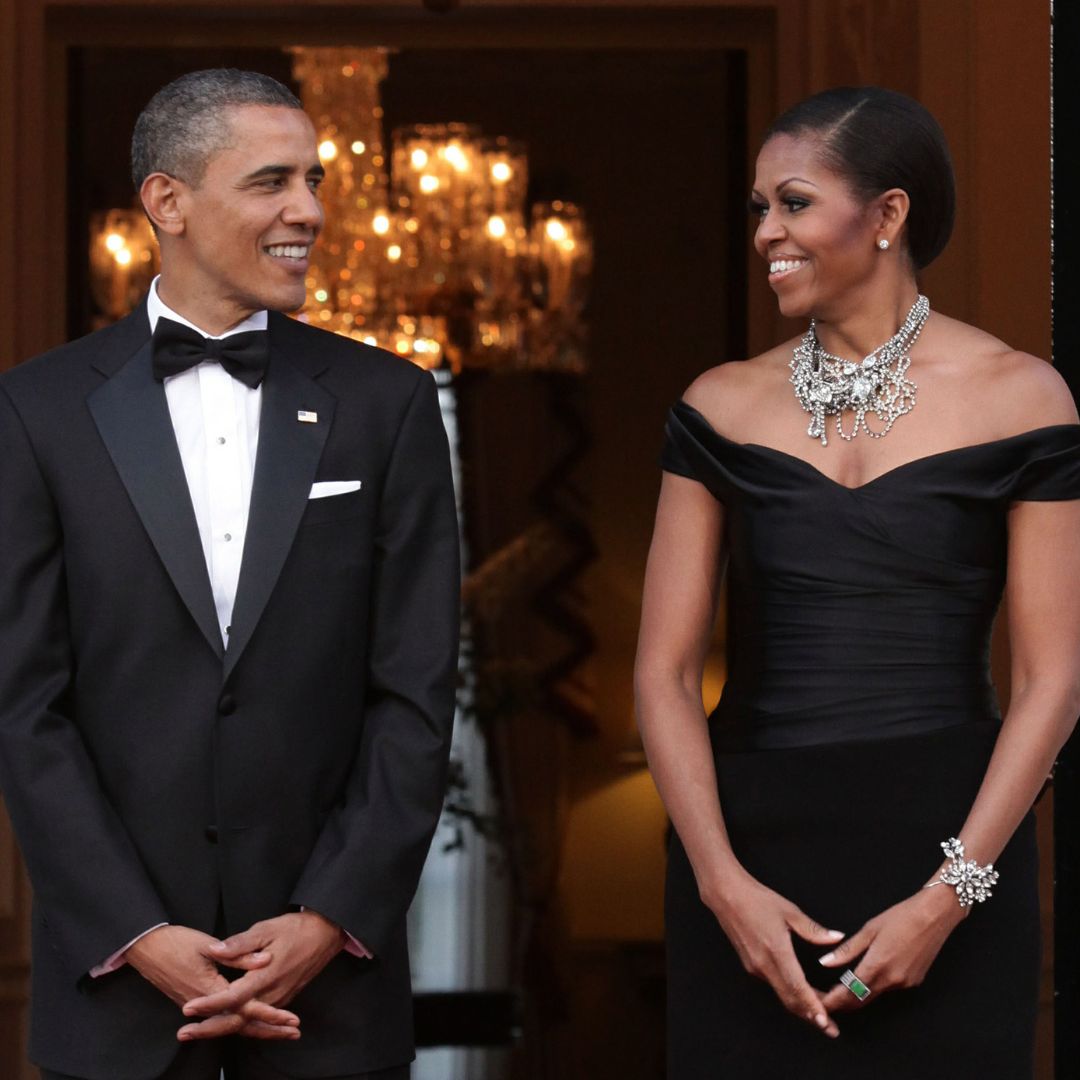Catcalling is not a compliment - it’s time to make it a crime
Not even a pandemic has stopped Evie Hairsine from being publicly harassed. The student campaigner and founder of Our Bodies Our Streets, tells her shocking story and why street harassment should be illegal
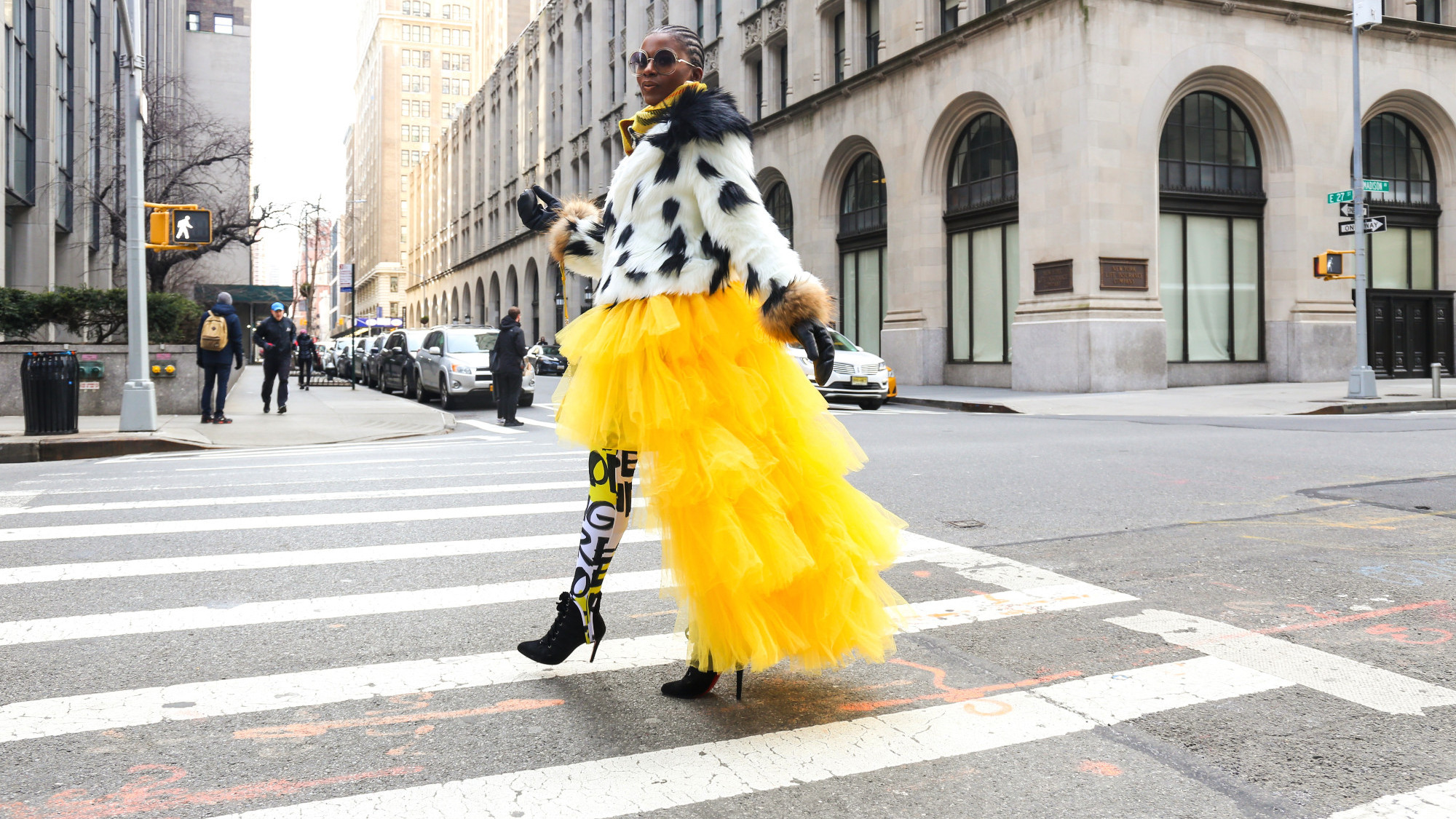

Not even a pandemic has stopped Evie Hairsine from being publicly harassed. The student campaigner and founder of Our Bodies Our Streets, tells her shocking story and why street harassment should be illegal
Catcalling is not harmless, it fills me with fear and anxiety. It's an aggressive act of male power and needs to be criminalised. While I'm out exercising in my local park, you'd think what with the pandemic and lockdown restrictions, that catcalling would be the very least of my worries. But even on the now quiet streets, according to a study by Plan International UK, one in five women reported harassment.
'Nice legs!’
'Why don’t you smile?’
‘You’d be sexy if you didn’t have a bitch face!'
These words ring in my ears as I run faster along the main road, my ‘bitch face’ progressively hardening after each so-called ‘catcall’. Turning up my earphones to the highest volume, I try to block out the voices of the leering and aggressive men, but feel dizzy and disoriented, when I see a man approaching me on his bike and shouting at me.
Why are we abused?
I increase my pace and run past him, looking away - only to find him waiting for me, trying to speak to me, as I run back along the same path later. I can sense his anger when I ignore him and don’t respond.
Marie Claire Newsletter
Celebrity news, beauty, fashion advice, and fascinating features, delivered straight to your inbox!
The next time, it’s the same: ‘You have no self-respect!’ a middle-aged man calls to me from a car as I run in my shorts. Using our bodies to move in clothes that are comfortable seems to signal to these men that we are worthy of abuse.
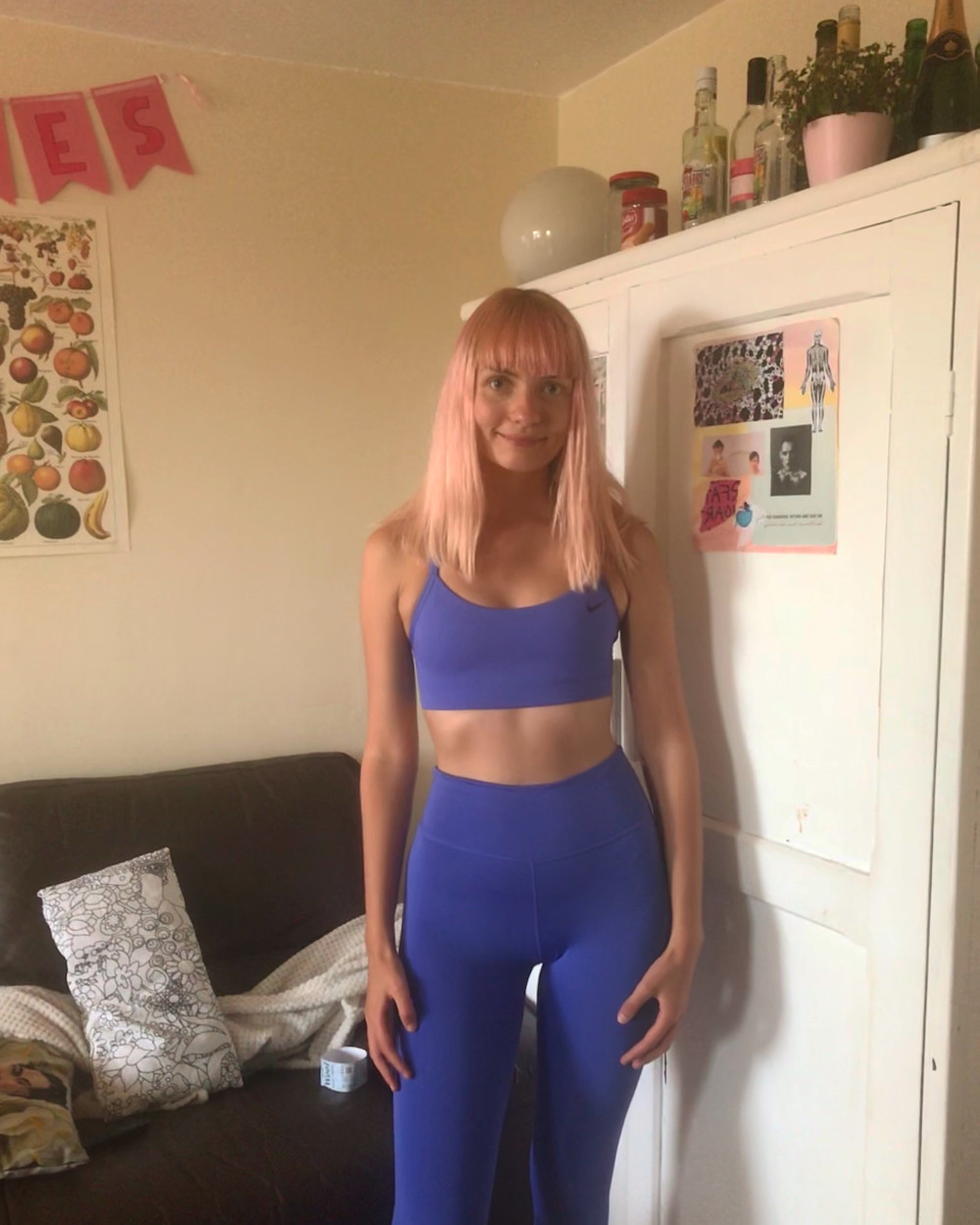
The time after that, it's the same: ‘Nice arse’, ‘Come on, smile for me’ young men shout. I have been verbally harassed upwards of ten times between 9-10am while walking through the city centre I call home. I feel like my body is not my own. I begin to question whether these streets are mine to use.
Harassment: the shocking stats
Sadly, this is an experience shared by women and girls across the UK. Plan International UK and grassroots organisation Our Streets Now have found that half of girls in the UK experienced some form of public sexual harassment last summer. Other studies have revealed another shocking stat, that 64% of UK women of all ages have been sexually harassed in public, a number that increases to a staggering 85% if you're ticking the 18- to-24-year-old box. This harassment is happening everywhere; from parks, university campuses and bus stops to our local high streets. They’re being followed, shouted at, touched, groped and grabbed – and they want it to stop.
For me, the harassment seems to be amplified when I exercise. Running outdoors is fundamental to looking after my physical and mental health, like it is for so many others. And now more than ever, it is vital that girls and women have equal access to streets, parks and public spaces to nurture their physical and mental health during this pandemic crisis. Yet women - particularly young women - do not get their fair share of this basic human right.
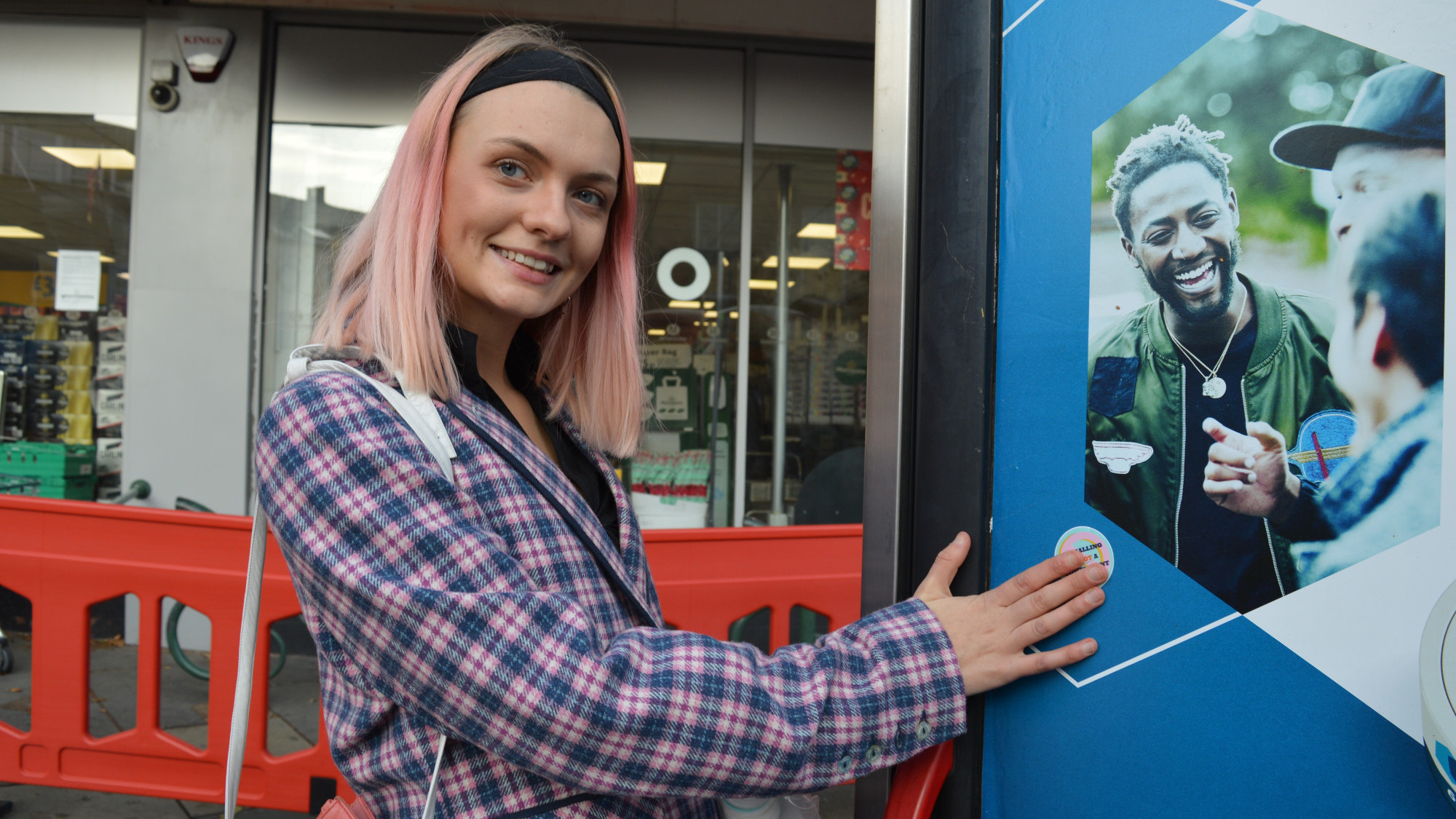
What’s more, duing winter, women are facing even greater confinement as the chance to exercise in daylight - which feels marginally safer than the dark - is a small window of opportunity. Research by Plan International UK and Our Streets Now found 41% of parents have asked their daughters not to go out after dark due to worries about public sexual harassment.
And on top of this, the constant objectification girls face in public prevents them from developing positive relationships with their bodies as vehicles for living. Meaning that girls and women are being held back from equal participation in life and society.
Men are literally getting away with it
As it stands, the current law around public sexual harassment is piecemeal and unclear. There is no one law that protects girls and women. And the upshot is, many girls are confused about what they can and can’t report, as they fear they'll not be taken seriously if they do. Many do not report at all; 76% of girls aged 14-21, who have experienced harassment have never reported it to the police. Yet an overwhelming 94% of girls think public sexual harassment should be illegal. The UK is currently falling behind other countries’ legislative action on this issue and must take a stand for its women and girls.
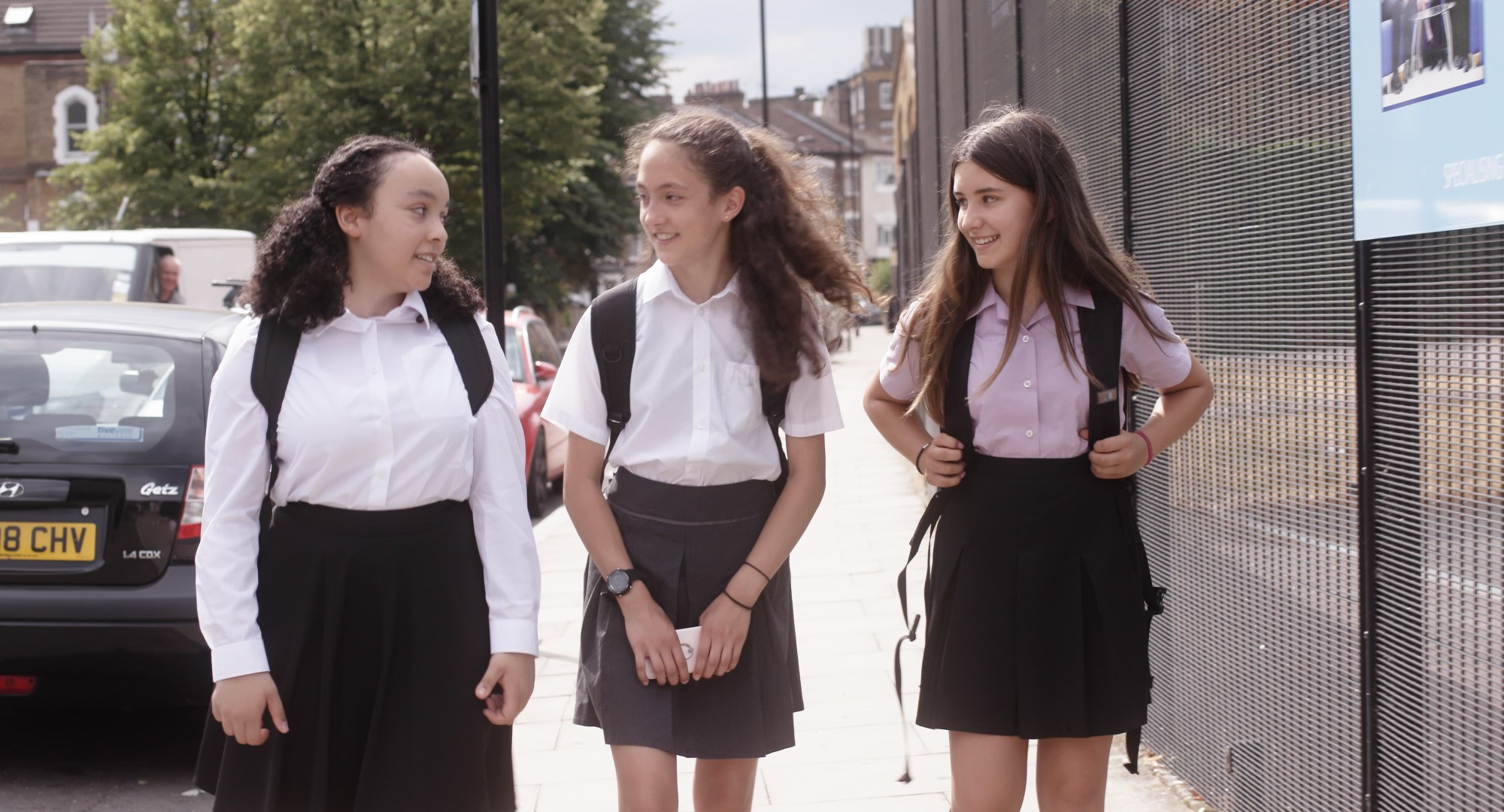
That’s why Plan International UK have launched their #CrimeNotCompliment campaign, in partnership with Our Streets Now, to make public sexual harassment a specific, standalone criminal offence. It’s time to listen to women and girls. We need to make the perpetrators accountable.
As for me, I will keep running and making use of the streets that I know I am entitled to be on.
* Plan International UK and Our Streets Now are asking you to join the campaign and show MPs that it’s time to make public sexual harassment a crime
* Evie is the founder of Our Bodies Our Streets, an intersectional feminist campaign empowering people to exercise outdoors in Sheffield without fear of street harassment
Maria Coole is a contributing editor on Marie Claire.
Hello Marie Claire readers – you have reached your daily destination. I really hope you’re enjoying our reads and I'm very interested to know what you shared, liked and didn’t like (gah, it happens) by emailing me at: maria.coole@freelance.ti-media.com
But if you fancy finding out who you’re venting to then let me tell you I’m the one on the team that remembers the Spice Girls the first time round. I confidently predicted they’d be a one-hit wonder in the pages of Bliss magazine where I was deputy editor through the second half of the 90s. Having soundly killed any career ambitions in music journalism I’ve managed to keep myself in glow-boosting moisturisers and theatre tickets with a centuries-spanning career in journalism.
Yes, predating t’internet, when 'I’ll fax you' was grunted down a phone with a cord attached to it; when Glastonbury was still accessible by casually going under or over a flimsy fence; when gatecrashing a Foo Fighters aftershow party was easy-peasy-lemon-squeezy and tapping Dave Grohl on the shoulder was... oh sorry I like to ramble.
Originally born and bred in that there Welsh seaside town kindly given a new lease of life by Gavin & Stacey, I started out as a junior writer for the Girl Guides and eventually earned enough Brownie points to move on and have a blast as deputy editor of Bliss, New Woman and editor of People newspaper magazine. I was on the launch team of Look in 2007 - where I stuck around as deputy editor and acting editor for almost ten years - shaping a magazine and website at the forefront of body positivity, mental wellbeing and empowering features. More recently, I’ve been Closer executive editor, assistant editor at the Financial Times’s How To Spend It (yes thanks, no probs with that life skill) and now I’m making my inner fangirl’s dream come true by working on this agenda-setting brand, the one that inspired me to become a journalist when Marie Claire launched back in 1988.
I’m a theatre addict, lover of Marvel franchises, most hard cheeses, all types of trees, half-price Itsu, cats, Dr Who, cherry tomatoes, Curly-Wurly, cats, blueberries, cats, boiled eggs, cats, maxi dresses, cats, Adidas shelltops, cats and their kittens. I’ve never knowingly operated any household white goods and once served Ripples as a main course. And finally, always remember what the late great Nora Ephron said, ‘Everything is copy.’
